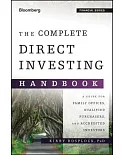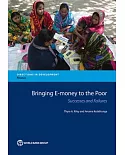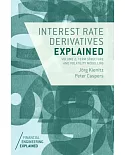The Oxford Handbook of Banking provides an overview and analysis of state-of-the-art research in banking written by leading researchers in the field. This handbook will appeal to
graduate students of economics, banking and finance, academics, practitioners and policy makers. Consequently, the book strikes a balance between abstract theory, empirical analysis, and
practitioner and policy-related material.
The handbook is split into five parts. Part I, The Theory of Banking, examines the role of banks in the wider financial system, why banks exist, how they function, and their legal and
governance structures. Part II entitled Regulatory and Policy Perspectives discusses monetary policy, prudential regulation and supervision, and antitrust policy. Part III deals with Bank
Performance. A number of issues are assessed including efficiency, financial innovation and technological change, globalization and ability to deliver small business, consumer, and mortgage
lending services. Part IV of the book provides an overview of Macroeconomic Perspectives in Banking. This part includes a discussion of the determinants of bank failures and crises, and the
impact on financial stability, institutional development, and economic growth. Part V examines International Differences in Banking Structures and Environments. This part of the handbook
examines banking systems in the United States, Western Europe, Transition countries, Latin America, Japan and the developing nations of Asia.





















